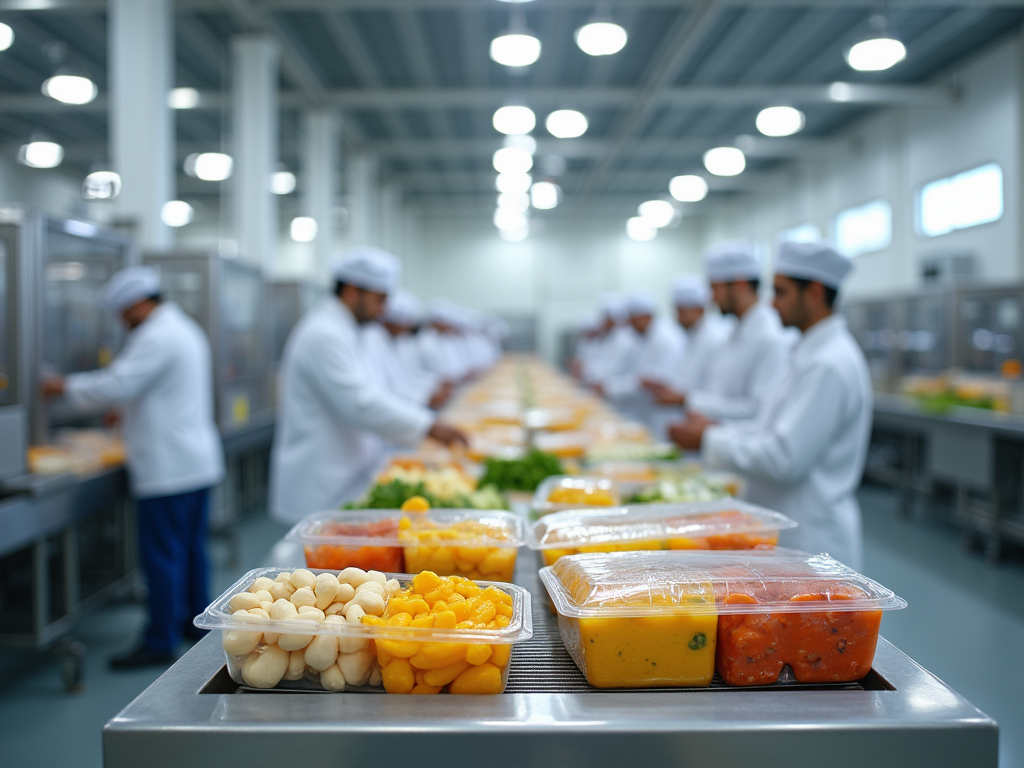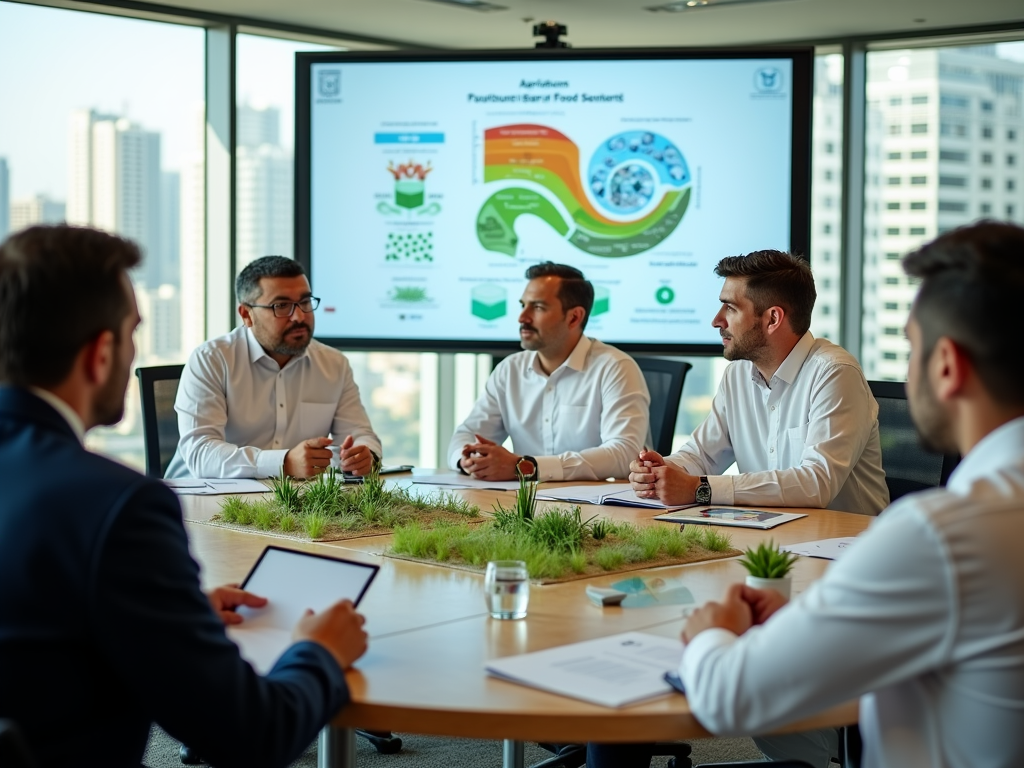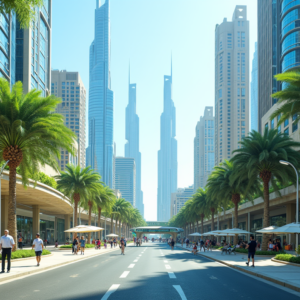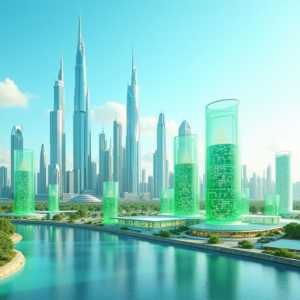Dubai is rapidly becoming a global hub for various sectors, and food security projects stand out as a particularly promising investment opportunity. With a growing population and increasing urbanization, Dubai has recognized the importance of sustainable food systems to meet its future needs. The government has initiated several programs to enhance food production, distribution, and storage, paving the way for investors to participate in this booming sector. Businesses looking to expand their portfolio should consider the vast investments available in Dubai’s food security projects. This article will explore various avenues for investment in this crucial area, the incentives offered, and the overall impact on the economy.
Understanding Food Security in Dubai

Food security refers to the state in which all people have access to sufficient, safe, and nutritious food to maintain a healthy life. In Dubai, food security is a top priority due to its reliance on imports for a significant portion of its food supply. The UAE government has devised a comprehensive national strategy aimed at diversifying food sources, enhancing local production, and ensuring a stable supply chain. This is where investment opportunities arise, as the government actively encourages public and private partnerships. The ongoing projects align with Dubai’s vision to become a global leader in sustainable food production while reducing its carbon footprint.
There are several key areas where potential investors can engage in Dubai’s food security initiatives. These include:
- Agricultural Technology: Investing in innovative farming solutions such as hydroponics and vertical farming can help boost local production.
- Food Processing and Preservation: Establishing facilities focused on food processing can reduce waste and extend the shelf-life of products.
- Logistics and Supply Chain Management: The food distribution sector presents opportunities for improving efficiency through advanced logistics solutions.
- Research and Development: Collaborating with local universities and research institutions can lead to breakthroughs in sustainable agriculture.
- Food Waste Management: Developing technologies for recycling food waste can contribute to a circular economy and reduce environmental impact.
Government Incentives for Investors

The Dubai government offers various incentives to attract investments in food security projects. Notable incentives include:
- Tax Breaks: Many food security initiatives qualify for reduced or eliminated tax rates, providing a financial advantage to new businesses.
- Subsidized Financing: Low-interest loans and grants are available for projects that promote local food production.
- Land Allocation: The government facilitates access to land for agricultural projects, often at competitive rates.
- Regulatory Support: Simplified licensing processes and supportive regulations help streamline project initiation.
- Partnership Opportunities: Joint ventures with government agencies can enhance credibility and ease market entry.
Challenges Facing Food Security Investments
While the opportunities in Dubai’s food security projects are promising, potential investors must also navigate specific challenges. Among these challenges are:
- High Initial Investment Costs: The upfront capital required for establishing advanced technologies can be substantial.
- Regulatory Hurdles: Although regulations are supportive, navigating the local bureaucratic landscape can be complex.
- Market Competition: The increasing interest in food security can lead to stiff competition among investors.
- Climate Variables: Environmental factors such as water scarcity can pose significant risks to agricultural projects.
- Consumer Preferences: Adapting to local tastes and dietary habits can be challenging for new products.
Conclusion
In conclusion, Dubai’s food security projects present lucrative investment opportunities backed by government support and a growing demand for sustainable food systems. By investing in agricultural technology, food processing, logistics, research, and waste management, investors can play a pivotal role in shaping the future of food security in the region. Despite the challenges, the potential rewards make entering this market an attractive proposition for forward-thinking businesses. As Dubai continues to develop into a global food hub, adapting to this evolving landscape will be crucial for any investor looking to make a significant impact.
Frequently Asked Questions
1. What are the main areas of food security investment in Dubai?
The main areas include agricultural technology, food processing, logistics, research and development, and food waste management.
2. What incentives does the Dubai government provide for food security investments?
The government provides tax breaks, subsidized financing, land allocation, regulatory support, and partnership opportunities.
3. What challenges do investors face in food security projects?
Challenges include high initial costs, regulatory hurdles, market competition, climate variables, and adapting to consumer preferences.
4. How is Dubai improving its local food production?
Dubai is improving local food production through innovative technologies like vertical farming, as well as government initiatives aimed at enhancing agricultural output.
5. Is there a growing demand for sustainable food systems in Dubai?
Yes, with growing urbanization and population, there is a significant increase in demand for sustainable food systems in Dubai.





